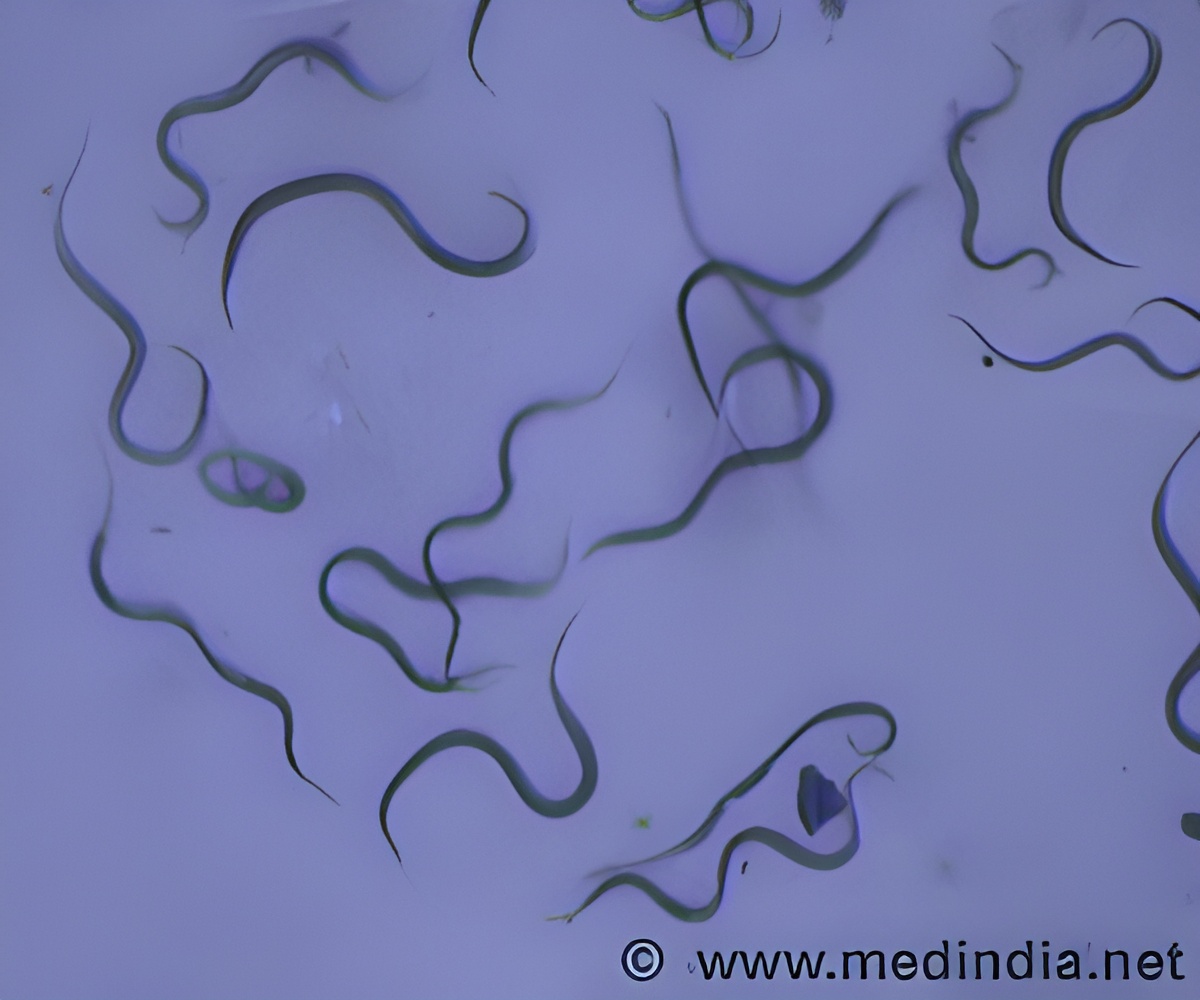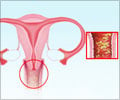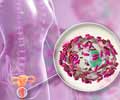ROCHESTER, Minn. -- Patients receiving antihistamines to suppress stomach acid are at greater risk of infection from Clostridium difficile, or C. diff,

Researchers reviewed 35 observations based on 33 separate studies involving C. diff and antihistamines used for stomach acid suppressive therapy. The researchers found a clear association between histamine 2 receptor antagonists use and C. diff infection. They say it was especially pronounced and caused the greatest risk for hospitalized patients receiving antibiotics. "It's not clear why these antihistamines increase the risk of C. diff infection, because gastric acid does not affect C. diff spores," says senior author Larry Baddour, M.D., a Mayo infectious diseases expert. "However, it may be that vegetative forms of C.diff, which are normally killed by stomach acid, survive due to use of stomach acid suppressors and cause infection."
Researchers say the study highlights the need for judicious use of histamine 2 receptor antagonists in hospitalized patients, and that reducing the use of these drugs could significantly reduce the risk of C. diff infections.
Source-Eurekalert















